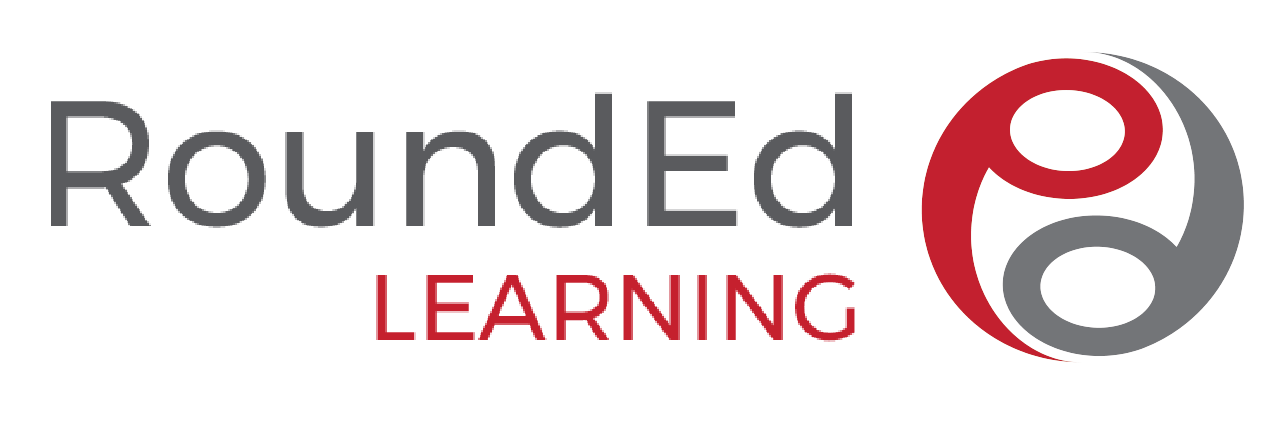Learn and Teach
ProblemScape for Algebra is set in the virtual world of Arithma. The inhabitants of the world are the Arithmen. Unfortunately, the Arithmen can’t do any math and the only people who can, the Xperts, have been kidnapped. A virtual world with people who can’t do any math provides a great opportunity for the student to teach, and sets the stage for Teachpad which uses both the learn-to-teach and teach-to-learn frameworks.
In the learn-to-teach component of the Teachpad, the student is given an opportunity to learn a concept with the understanding that they will be teaching it to a character in the virtual world. The rationale comes from the Teachable Agents (TA) research done at the AAA Labs in Stanford. The TA is a computer program that engages learners in a teacher-pupil metaphor and takes on the role of a protege. The student teaches the TA, and the TA contains AI that allows it to reason, answer questions, and complete various assessments based on how it was taught. The studies show that students put more effort into learning, and ultimately learned more, when they learned on behalf of the agents, than those who learned for themselves (Protege effect).
According to the researchers, there could be three causes for the protege effect: an ego-protective buffer (EPB), an incrementalist theory of intelligence, and an increased responsibility. The protective buffer given by the TA, prevents students from developing negative beliefs about themselves - when the student teaches a TA that eventually answers a question, a wrong answer by the TA does not fully have to be the student’s failing - a part of the blame could be with the TA, and the student is shielded from negative beliefs about themselves. An incrementalist theory of intelligence is an outcome of teaching, and the knowledge that ability can be improved by effort. With the TA, it is obvious how to make incremental progress—teach better by getting the links and nodes right. Lastly, the sense of responsibility students develop for their TA results in them spending more time on learning activities even before receiving any feedback (Chase, Chin, Oppezzo, & Schwartz, 2009).
Reference
Chase C, Chin D, Oppezzo M, Schwartz D. Teachable Agents and the Protégé Effect: Increasing the Effort Towards Learning. Journal Of Science Education & Technology [serial online]. August 2009; 18(4):334-352.
